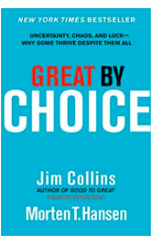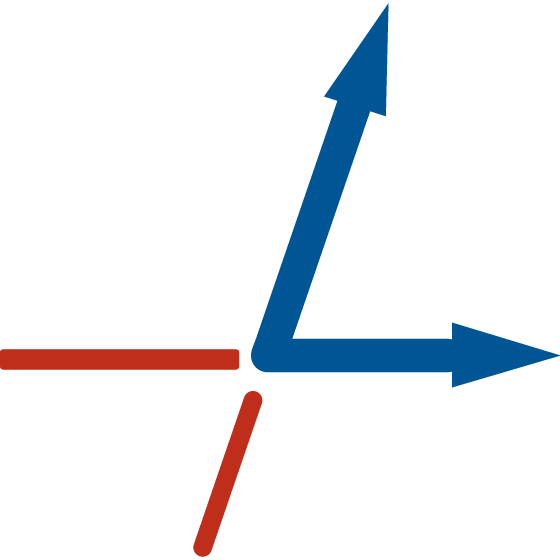
Jim Collins has done it again! This time he has partnered with another powerful thought leader in Morten Hansen. Together they brilliantly mingle Collins’ knack for storytelling with his usual objective analysis of business success and the subjective application of business practices that produce results.
The book recalls the 1911 race between the Roald Amundsen and Robert Falcon Scott to become the first explorers to reach the South Pole. One succeeded and
brought his team home safely while the other perished from starvation only a few miles from the food which could have saved the lives of his team. Their dramatic tale epitomizes the difference between 10Xers, companies who outperform similar competition tenfold in the stock market, and comparison companies that struggle or die.
You may not be surprised to learn about an airline that used “low cost fares” as its unique value promise. The same airline flew only one size aircraft and made
flying fun by playing tricks on its customers such as a pilot showing up with dark sunglasses and a white cane. The company was Pacific Southwest Airlines (PSA), not Southwest Airlines (SWA). PSA graciously gave the good folks at SWA a template of its business plan which Southwest duplicated word for word. PSA eventually sold out to USAir in the 1980s while Southwest became one of the great success stories of modern American business. What happened? Why does one company thrive in adverse business climates while another falters or dies?
The conclusion of Collins and Hansen: 10Xers prepare with the certainty that they will face bouts of bad luck. It’s not if bad stuff will happen, but
instead how they’ll cope when it happens.
They note that 10Xers achieve a “Return on Luck” in dramatic contrast to their competitors through disciplined approaches to business such as “firing bullets before cannon balls,” the discipline of the “20 mile march,” and “productive paranoia.” This is my favorite of Collins’ work because it is practical for businesses of all sizes. The SMaC formula (Simple, Methodical, & Consistent) can be adapted for your organization as a means to plan long-term success regardless of the industry or the size of your business.
If you thought Good to Great was great, then Great by Choice is stupendous!
Rick Davis





